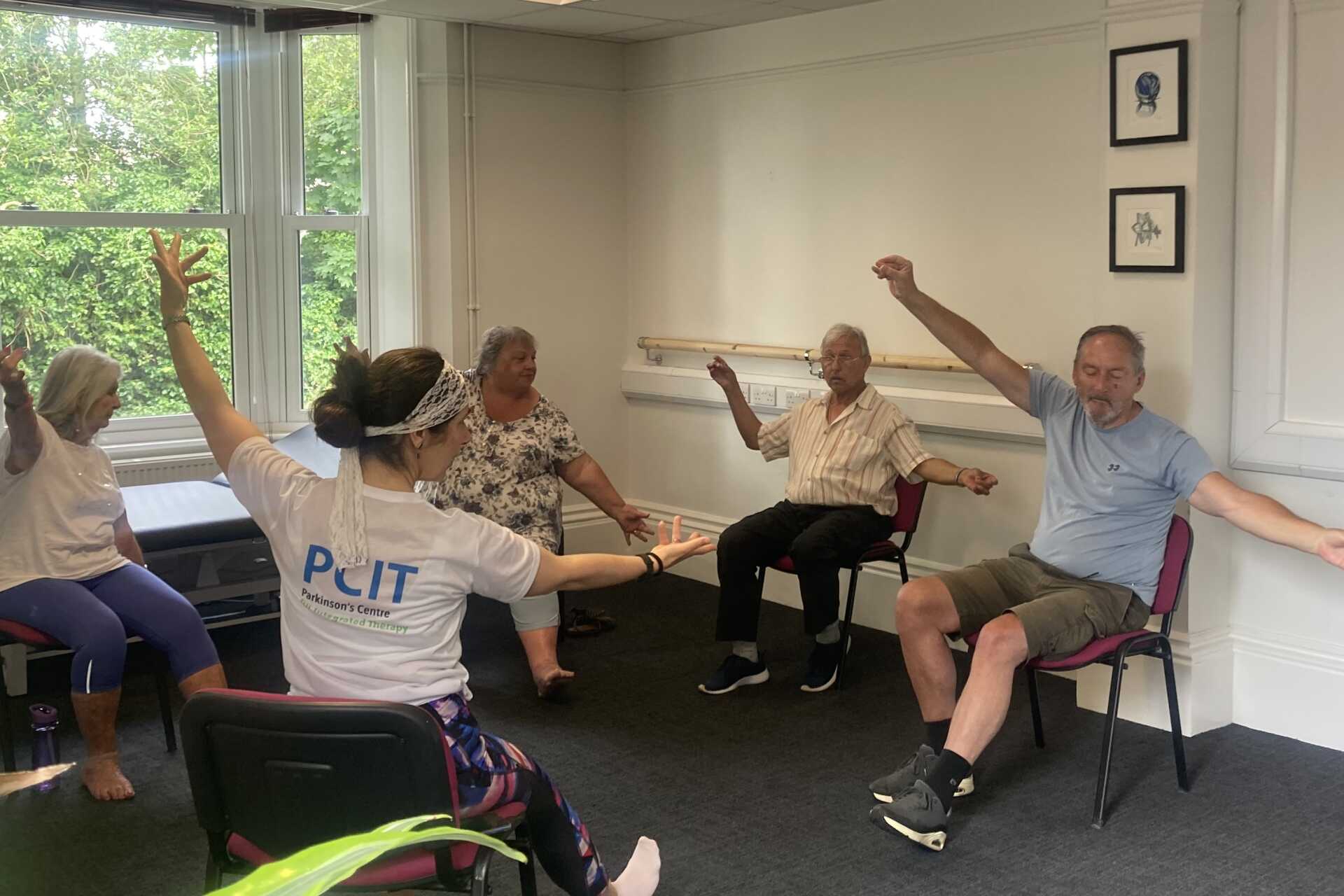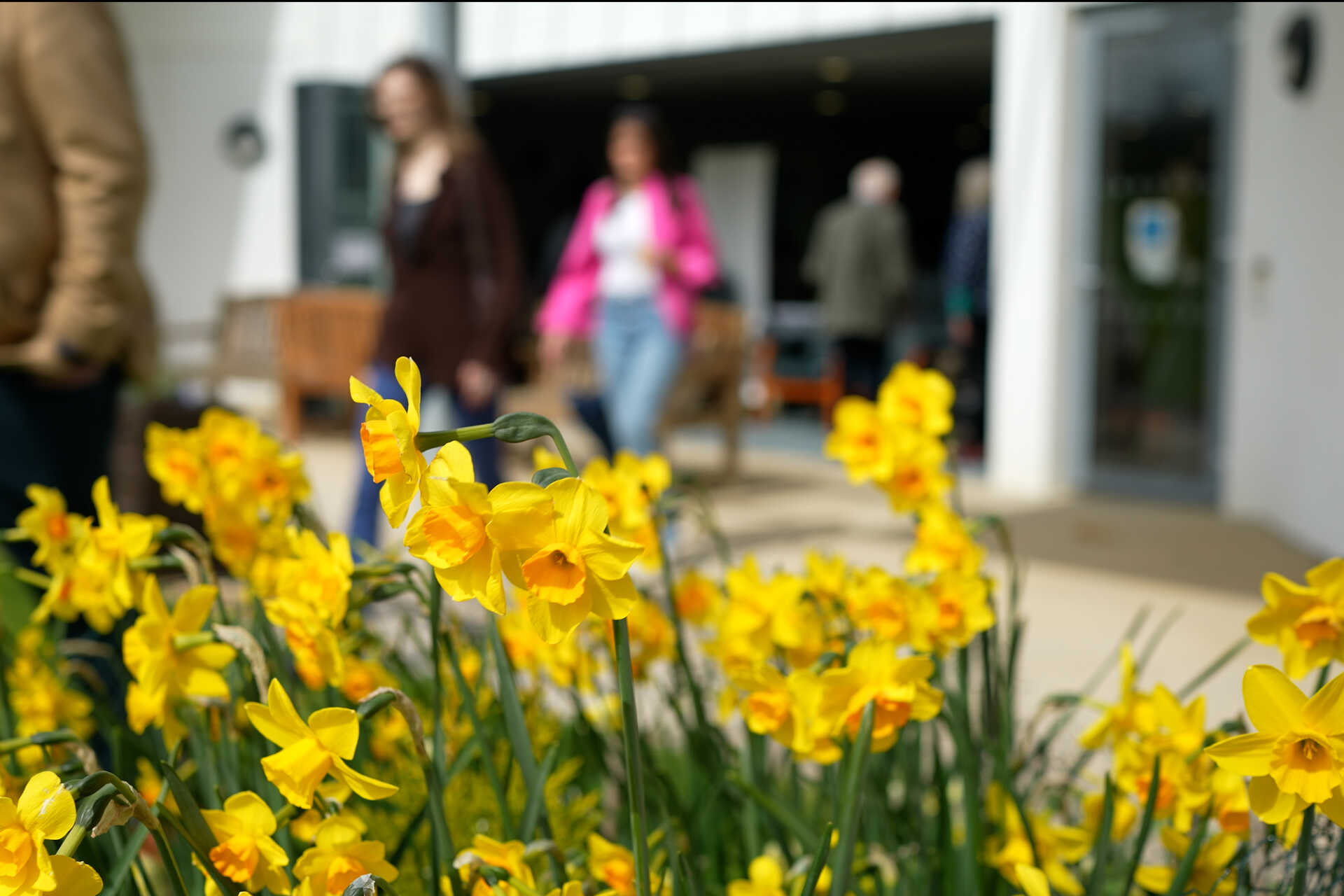PCIT


Innovating Parkinson’s care for a brighter future
The Parkinson’s Centre is a pioneering hub for treatment, research, and support—helping people with Parkinson’s take control, stay independent, and live life to the fullest.
Search by course name, subject, and more
Search by course name, subject, and more
Search by course name, subject, and more
Search by course name, subject, and more
Search by course name, subject, and more

Parkinson’s disease is incurable, severely debilitating and the fastest growing brain condition with 1 in 37 people being diagnosed at some point in their lifetime. By 2065 that number is set to double which is why it is so important that investments into Parkinson’s therapies are made now to support those experiencing this devastating illness.
Here at the University of Kent, we are tackling Parkinson’s head on through the Parkinson’s Centre for Integrated Therapy. With your support, the Centre will be able to continue to combine ground-breaking research into non-invasive brain stimulation with evidence-based therapies such as:

Your gift will also drive essential research, accelerating large-scale studies into non-invasive brain stimulation techniques and their integration with other therapies. With these discoveries, we can take the next step towards translating this treatment into routine clinical practice, revolutionising Parkinson’s care worldwide.
Your support will bring hope to hundreds of people—whether in Kent or beyond—by sharing knowledge and advancing care globally.